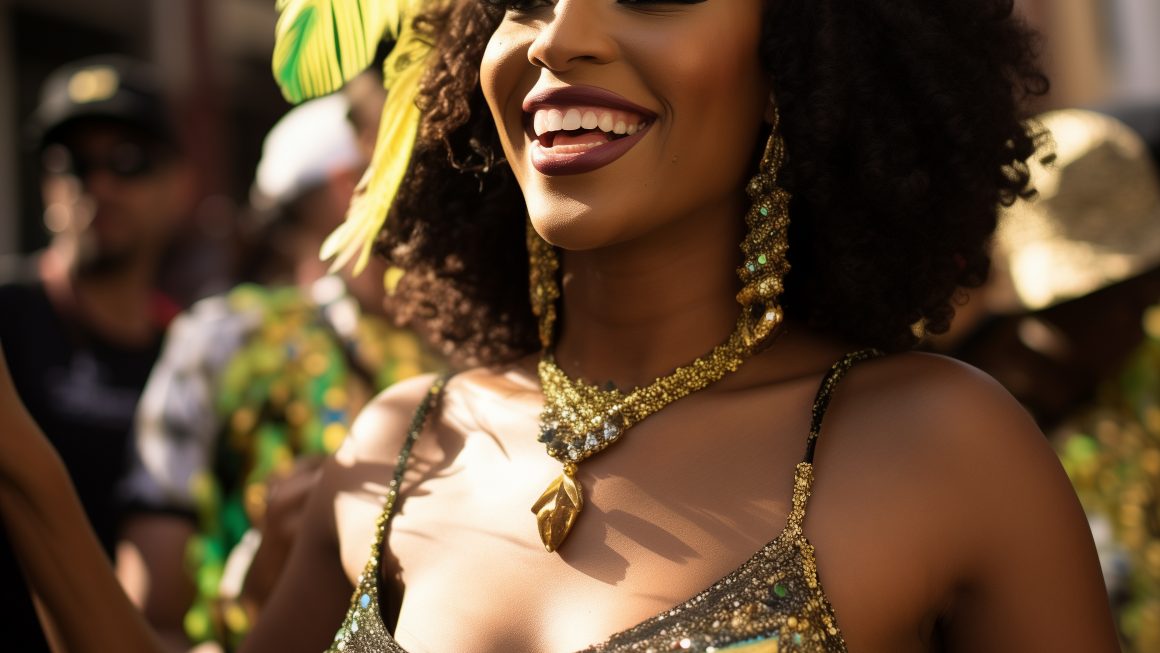In Nigeria, names aren’t just names. They are identity. They carry deep-rooted meaning, sometimes a prayer, other times a story, a memory, or a powerful message to the world. The meaning behind popular Nigerian names, from the Yoruba people in the West to the Hausa in the North, the Igbo in the East, and the many other vibrant ethnic groups, naming traditions are a rich part of culture and legacy.
When a Nigerian baby is born, one of the most important events that follows is the naming ceremony. For some families, it happens on the seventh or eighth day. For others, it could be on the day of birth or tied to family tradition. But one thing is constant: names are never chosen lightly.
Let’s take a journey into some of the The meaning behind popular Nigerian names.
Yoruba Names and Their Stories
In Yoruba culture, names are often reflective of circumstances around a child’s birth, family aspirations, and spiritual beliefs. They are categorized as:
- Oríkì (praise names)
- Àmútọ̀runwá (destiny names)
- Abísọ (acquired at birth)
Examples:
- Ayomide – “My joy has arrived.” This is often given to a child born after a long period of waiting.
- Temiloluwa – “Mine belongs to God.” A declaration of spiritual ownership.
- Iretioluwa – “The hope of God.” This name is full of expectation and faith.
- Babajide – “Father has returned.” A reincarnated ancestor is believed to have returned through the child.
These names carry hopes, generational prayers, and sometimes, relief from past sorrow.
Storytime: I once met a woman whose twins were named Taiwo and Kehinde, common Yoruba twin names. She told me, “Taiwo came out first, but we Yoruba say Kehinde is the elder because they asked Taiwo to test the world first.” That’s culture embedded in naming!
Igbo Names: Divinity and Identity
Igbo names often incorporate Chi – which means God. The Igbo people believe strongly in destiny and divine intervention, so many names reflect thanksgiving, faith, or acknowledgment of a higher power.
Examples:
- Chidinma – “God is good.”
- Obinna – “Father’s heart.” Often given to firstborn sons.
- Uzoamaka – “The road is good.” A hopeful name.
- Ngozi – “Blessing.”
Parents often use these names to express gratitude after safe deliveries, or to communicate personal stories, from overcoming child loss to celebrating a long-awaited pregnancy.
Personal Gist: My Friend was named Chukwunonso, meaning “God is near”, after a difficult pregnancy where doctors feared complications. That name became a symbol of strength and faith in the family.
Hausa Names: Faith, History, and Culture
Hausa names are often Arabic-influenced, due to the Islamic faith that is predominant in Northern Nigeria. Many names are unisex and carry both spiritual and cultural significance.
Examples:
- Aminu – “Trustworthy” or “Faithful.”
- Zainab – A popular female name, often meaning “Father’s precious jewel.”
- Nasir – “Helper or protector.”
- Fatima – The name of Prophet Muhammad’s daughter; it’s widely used with reverence.
Hausa families also often name children after seasons, time of birth, or respected ancestors. In some cases, a child might be named after a beloved Islamic scholar or leader.
In many Hausa households, names aren’t just given, they’re bestowed with a deep spiritual purpose. A name like Abubakar doesn’t just sound regal, it connects a child to leadership and historic Islamic legacies.
Minority Group Names: A Hidden Treasure
Nigeria is home to over 250 ethnic groups, and many unique naming traditions exist outside the major three. For example:
- Efik/Ibibio: Names like Abasiama (God’s love) or Emem (peace).
- Tiv: Names often reflect seasons or family lineage.
- Idoma: You might hear names like Onyilo (peace bringer) or Ochedikwu (God’s portion).
These names are less mainstream but carry equally powerful meanings. They are a reminder of the depth and richness of Nigeria’s cultural diversity.
These days, it’s not uncommon to hear children with double-barrel names like David Oluwadamilola or Chiamaka Grace. Parents are now blending cultural identity with Christian or English names. Some even create new names entirely!
However, many parents still prioritize a traditional name first, to ground the child in heritage.
In a globalized world where culture is easily diluted, preserving our naming traditions is one way to hold onto our roots. Nigerian names remind us of who we are, where we come from, and the legacies we carry.
Your name is your story. Whether it’s Kehinde, Ngozi, or Fatima, wear it with pride, because in that name lies generations of culture, identity, and hope.
So the next time you ask someone what their name means, prepare for a full-on cultural masterclass!
I hope you had fun reading through, you can send in your input and feedback in the comments, will love to read from you.





